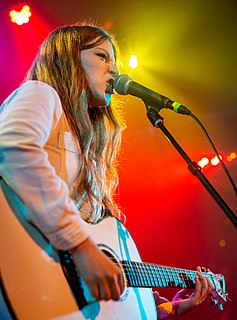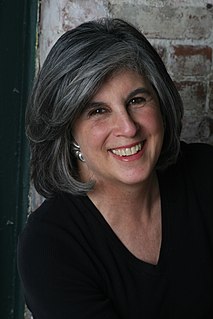A Quote by Janet Fitch
The poets are the standard bearers of language. Their work lives or dies word by word. When I write and can hear a clunky sentence, I try to write up to the poetry that I have recited beforehand.
Related Quotes
Most people write the same sentence over and over again. The same number of words-say, 8-10, or 10-12. The same sentence structure. Try to become stretchy-if you generally write 8 words, throw a 20 word sentence in there, and a few three-word shorties. If you're generally a 20 word writer, make sure you throw in some threes, fivers and sevens, just to keep the reader from going crosseyed.
Every sentence has a truth waiting at the end of it and the writer learns how to know it when he finally gets there. On one level this truth is the swing of the sentence, the beat and poise, but down deeper it's the integrity of the writer as he matches with the language. I've always seen myself in sentences. I begin to recognize myself, word by word, as I work through a sentence. The language of my books has shaped me as a man. There's a moral force in a sentence when it comes out right. It speaks the writer's will to live.
A lot of things appearing under my byline were written in one draft. But when I started to write poetry, I started getting fussy about every syllable. I wouldn't allow the work to be seen unless it felt perfect. Not clunky at all, no clunky syllables. So, really, for the printed page, it had to have a feeling of rhythmic and syntactic verisimilitude or something.
We are in love with the word. We are proud of it. The word precedes the formation of the state. The word comes to us from every avatar of early human existence. As writers, we are obliged more than others to keep our lives attached to the primitive power of the word. From India, out of the Vedas, we still hear: On the spoken word, all the gods depend, all beasts and men; in the world live all creatures...The word is the name of the divine world.


































